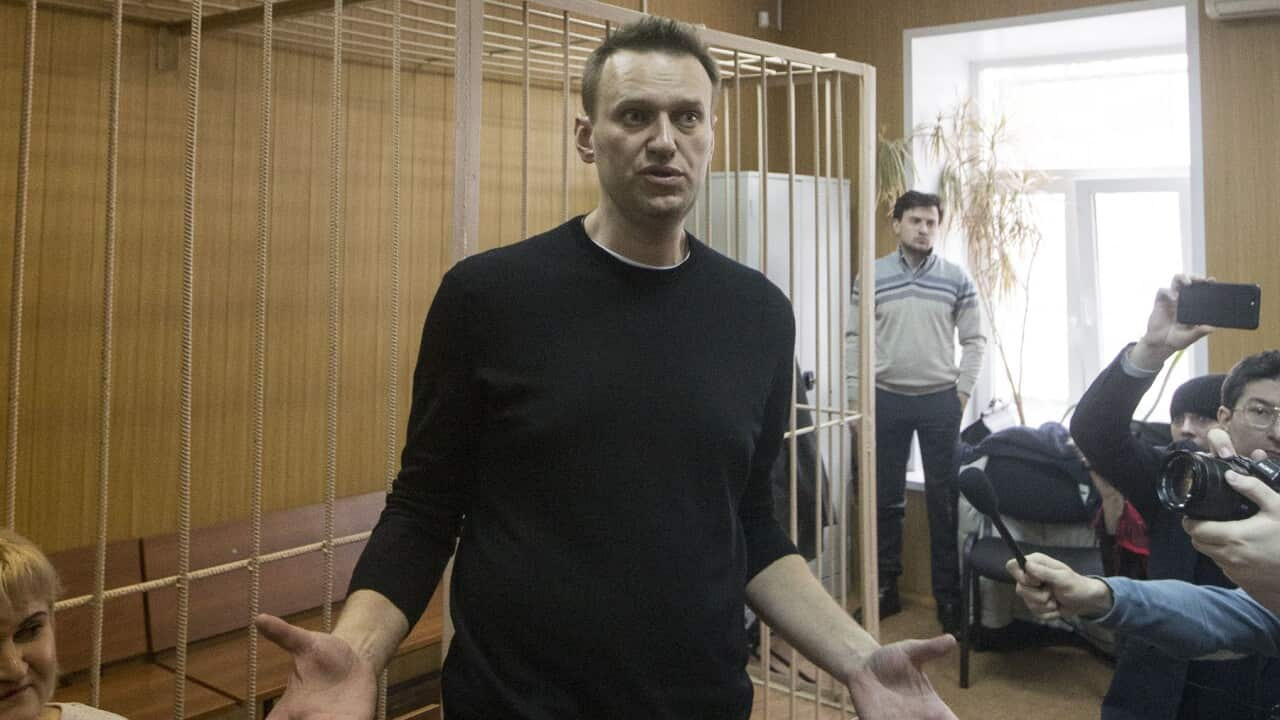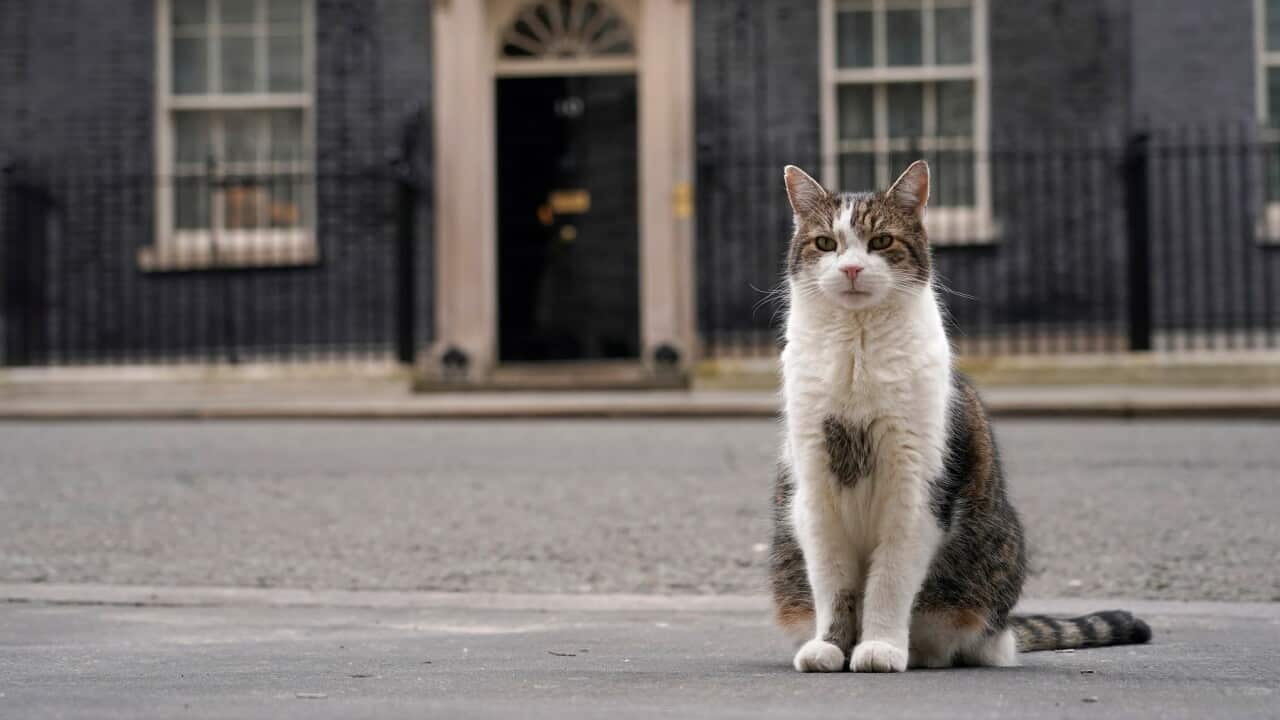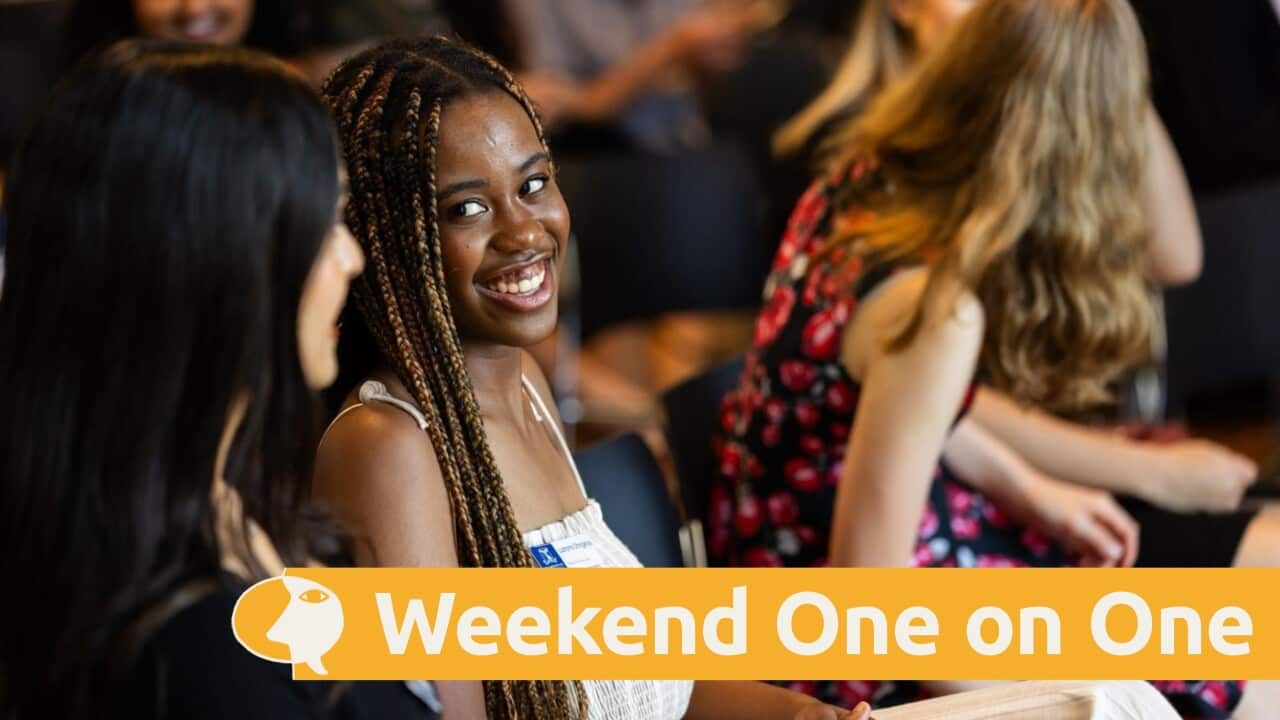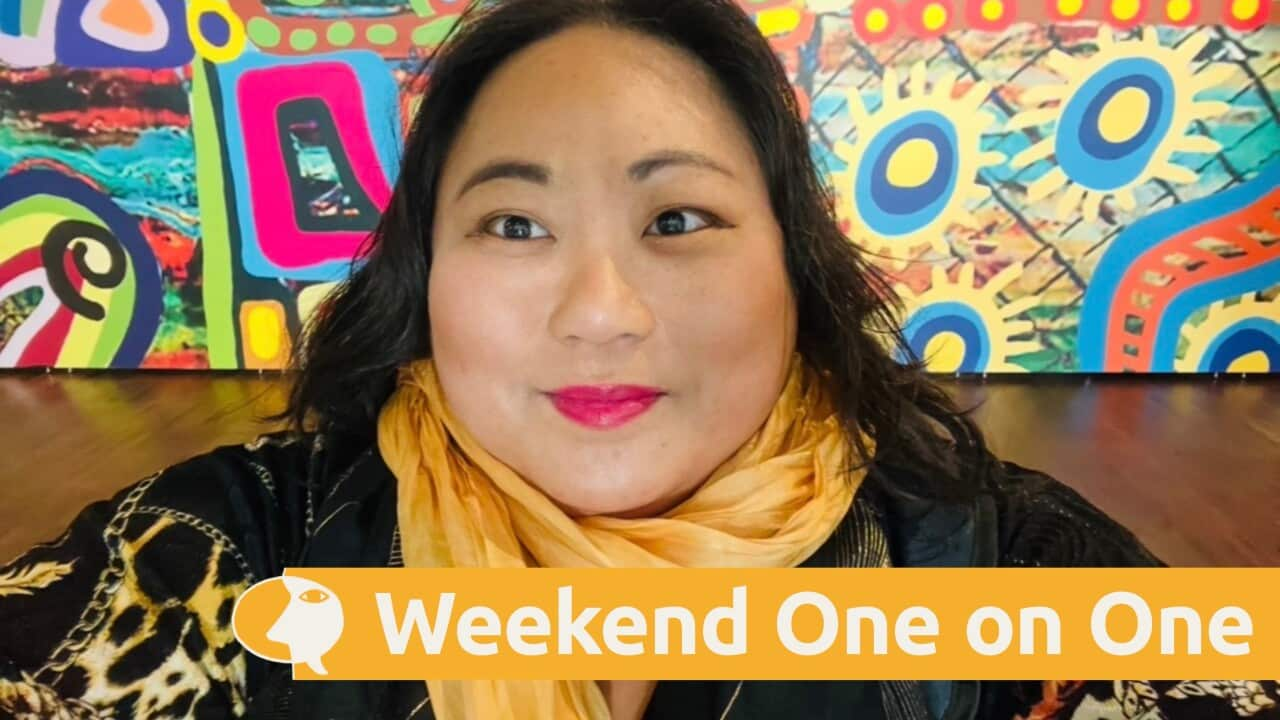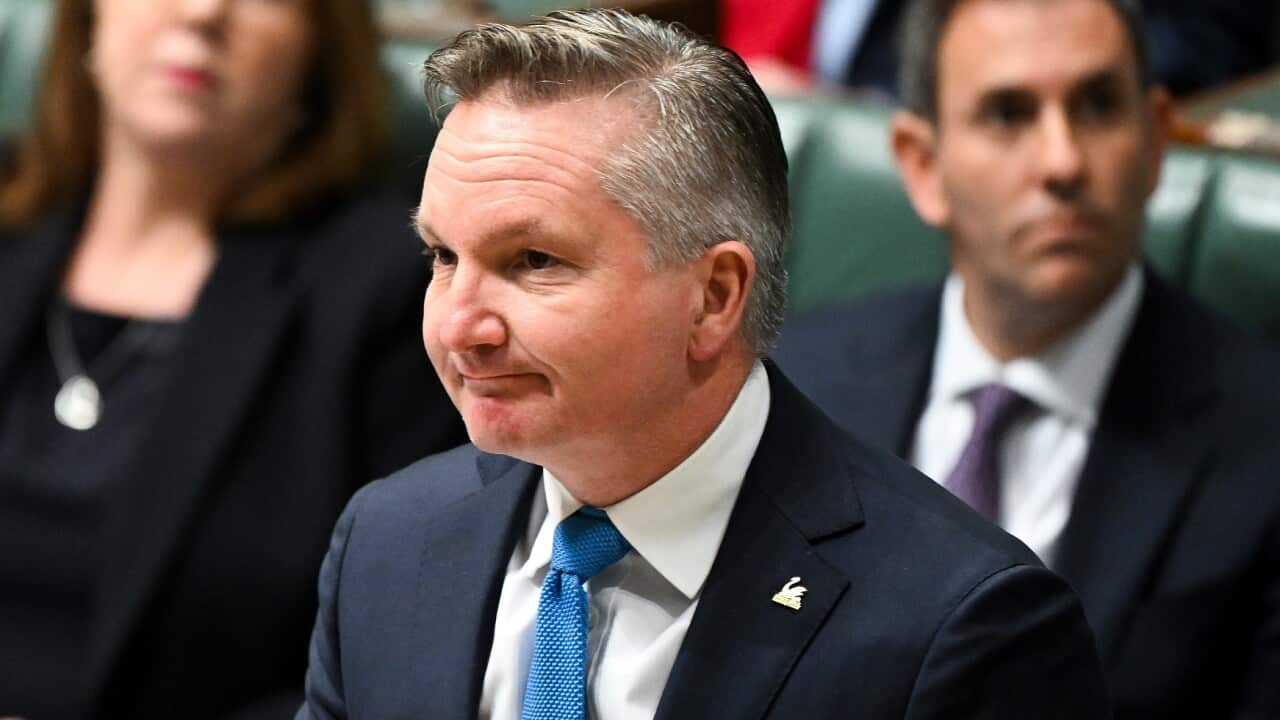Listen to Australian and world news, and follow trending topics with SBS News Podcasts.
TRANSCRIPT
(Sounds of Indian carnatic music)
Back to the music you heard a little earlier.
That's carnatic music, which might not be so well known in Australia but has a long history in Southern India.
It's a classical style that dates back hundreds of years and is different to the style of music heard in North India.
Two brothers in Melbourne have been doing their bit to keep the tradition alive in Australia and they've both been recognised on this year's honours list for their efforts.
"From childhood, we have done everything together, not just the music, but studies and same subjects in school and in university. So we now was also another passion that both of us had. So we continued learning and practicing together and performing together for all these years."
That's Gopinath Iyer.
He and his twin brother Ramnath Iyer are orginally from Chenai in India and now call Melbourne home.
The twins each play a traditional plucked string instrument from Southern India known as the Saraswati Veena.
In a world where classical music, art and literature compete for attention with 30 second social media videos, the brothers say they feel privileged to receive so much support from people in Australia.
Ramnath Iyer explains.
"The Indian community in Australia, especially the South Indian community and the Tamal community from Sri Lanka, there's a real connection with the carnatic music because most of them have heard, or they grew up listening to that music and they continue the tradition even here. So the children who are born here also listen to that music. So there is a spiritual connection as well as you identify yourself and your roots with the music."
Millie Ingram has seen a lot of change in her 84 years.
"The changes are happening and I'm so proud of all the young Aboriginal people that are coming up. Years ago you saw very few people, our mob, anywhere in jobs. We had to fight to have back in the 1960s and 70s for them to recogniSe, to start Aboriginal opportunities. And so a lot of young people took advantage of that and didn't come easy. We had to fight for it. A lot of people, a lot of Aboriginal people were fighting for those opportunities."
The Wiradjuri Elder also known as Aunty Millie has been recognised as a Member of the Order of Australia (AM) in the General Division for her significant service to the Indigenous community of New South Wales.
Originally from Cowra, Aunty Millie grew up on Erambie Mission before moving to Redfern during the 1950s to find work.
Along with her family, she set up the first Aboriginal Community Controlled early childhood centre and later the Wyanga Aboriginal Aged Care program.
Then there was a 13 year stint at the Department of Aboriginal Affairs advocating for empowerment and change in areas such as education and land rights.
She says she's grateful to receive the honour this year.
"Last year I was recognised as Elder of the Year for Naidoc and that's by my Aboriginal peers, so that was exciting too. So I'll like accept the award because people are happy to give me an award. I'm happy to take it and I'll take it in good grace."
Professor Christine Bigby has received the Officer of the Order of Australia (AO) in the General Division for her work improving the lives of people with disability.
She is the Director of the Living with Disability Research Centre at La Trobe University in Melbourne.
Professor Bigby has a long history of working in partnership with disability support and advocacy organisations to better the lives of people with intellectual disabilities.
Since starting in the sector in the early 80s she says a lot has changed.
"The biggest change has been that we've now, in Australia, we've closed all the large institutions that used to house people with intellectual disabilities, and there's many more now, community services for people. People moved out of institutions into small group homes. We built small group homes. And obviously since 2013, there's been the National Disability Insurance Scheme that has opened up more options for people with intellectual disabilities to live in more individualised settings or to make group homes smaller and to support their social inclusion more broadly. So there's been much more investment and attention to people with disabilities over the last 10, 12 years."
She says one of the biggest challenges facing people with an intellectual disability is a shortage of skilled workers to assist people to live their best lives.
"So I think we need to introduce some really clear standards for what we expect of disability support workers who are working with people with intellectual disabilities, and we need to introduce some mandatory training and qualifications for this group of people. There are no standard qualifications for support workers. There's no mandatory training at all, and many people come in off the street from other sorts of work and really are ill-equipped to do that work and organisations don't have the capacity to train to a high standard.
"If we're serious about supporting social inclusion and engagement of people with intellectual disabilities, then they need really skilled support to do that. And in places like the Netherlands, people do have three year training in social pedagogy to support people with intellectual disabilities to be included in society. It's a really complex skill set of tasks for people."
There are 378 male and 202 female recipients in this years Honours list.
The youngest recipient is 19 years old and the eldest living recipient is 101 years old.
Recipients will attend ceremonies at the Government House in their respective state or territory in coming months to receive the insignia of their award.

